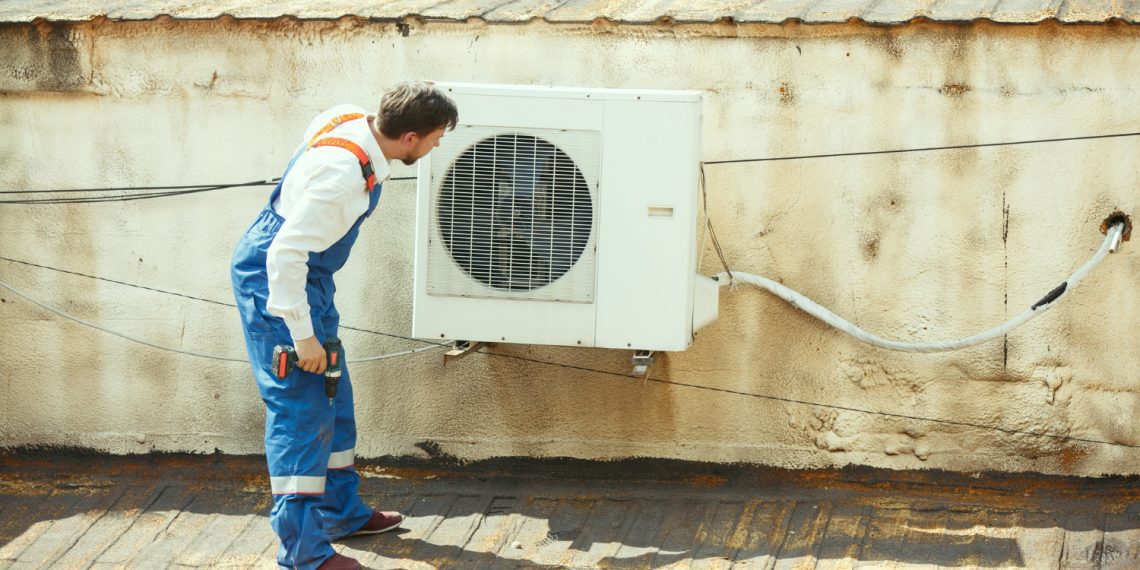A standard furnace can last for 20 years, while an air conditioner will serve you for 12 to 15 years. Living in a home long enough will have you replace the two at some point, as you need them throughout the year. Replacing the HVAC system is expensive. However, properly maintaining them in good condition will make them last as long as possible.
You need to create a maintenance plan that will keep your HVAC system running and in good shape. Our technicians at Klondike Air | Heating & Cooling Experts are there to take care of all your air conditioning and heating needs. Here are the tips they recommend you follow to keep your HVAC system stable for a long time.
Table of Contents
Schedule for its Maintenance Twice a Year
Ensure you get a skilled technician to inspect your air conditioner, clean and turn it up during spring, and do the same to your furnace in early fall. Both need yearly maintenance as it makes them serve you longer.
A skilled technician will thoroughly inspect these systems and ensure they lubricate all the moving parts. They should also clean the HVAC, including the blower and the condenser. During maintenance, it is essential to check the furnace’s heat exchanger to ensure it does not have a crack and assess the refrigerant level in the conditioner.
Change Filters Regularly
Get a technician to clean or replace the filter when servicing the furnace and the conditioner. Filters are different. Some are reusable after cleansing, while others may need a replacement as often as every month.
When your HVAC system has a dirty air filter, it has to work much harder than it would when the air filter is clean, which reduces its lifespan to a large extent.
Get a Programmable or Smart Thermostat
When you are asleep or away, you will need a smart thermostat that will turn off your air conditioner or furnace, and after you arrive home, it will go to your preferred temperature. Switching it off when it is not in use will give it a longer life span.
A programmable thermostat has features that enable you to set it according to your schedule. It also allows you to have a different program on weekdays and weekends and reminds you to change the filter.
Inspect your Ductwork
Keep checking your ductwork to see if it has pest droppings, dust, cobwebs, and other droppings so you can get it cleaned. Thirty percent of cooled or heated air may leak out of an average duct, allowing air into your crawlspace or attic, making your furnace or air conditioner work harder, and shorten its lifespan. Ensure you inspect the outside of your ductwork to look for gaps, holes, and other problems.
Add Insulation
Have insulation in your home so the conditioned air can remain and not escape through the roof. Many people lack enough insulation in their houses, and that reduces the lifespan of the HVACs as they have to work harder than they should in a conditioned space.
Once you have put enough insulation in place, check on it once a year to ascertain that there are no gaps, mold, or other issues, as keeping them at bay gives the HVAC a longer life span.
Time Off
Give your HVAC some time off when you don’t need it because the less often it runs, the longer it lasts. Have the habit of switching your furnace and air conditioner off; if you are going out on vacation, turn the HVAC down as low as possible.
During summer, use floor and ceiling fans and not the air conditioner when the weather is mild. Using drapes during the day can also help in summer as it hinders the sun from shining directly into your home. Opening your windows in the evening is also a way to minimize your HVAC usage and make it serve you longer.
Air Circulation
Promote proper airflow by keeping the interior doors in your home open to prolong the lifespan of your HVAC. With good air circulation, especially in the rooms you don’t use often, you reduce the workload of your HVAC.
Ensure that the vents and registers have nothing over them, including drapes, rugs, and furniture. Unblocked vents make the work of the HVAC easier and prolong its lifespan.
Clean Outdoor Units
You should organize the cleaning of your AC units more than once a year because they stay outside and collect a lot of dust. The ACs usually have cobwebs and accumulated dirt leaves that fall off the trees and other things.
Brush everything off and then ensure that plants and trees are one foot away from them for ample airflow so that the systems don’t have to work extra hard while cooling your home.

